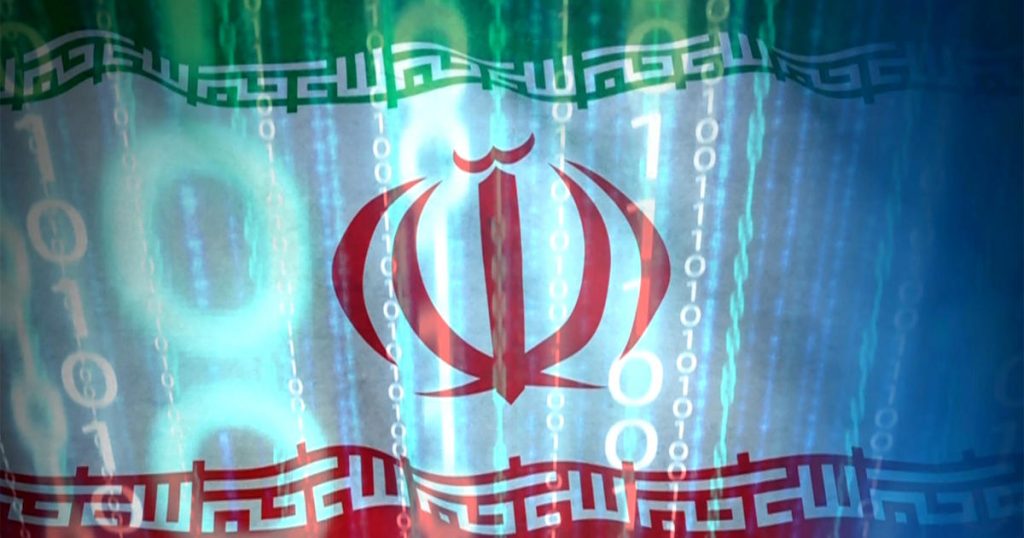According to a report by Google, Iran has been conducting a large-scale cyberattack on both Democratic and Republican presidential campaigns. The attack has been ongoing for several months and is aimed at disrupting the political process in the United States. This news raises concerns about the safety and security of the upcoming election, as foreign actors continue to target political campaigns in an effort to influence the outcome.
The cyberattack by Iran is seen as a significant threat to the integrity of the U.S. political system. The report by Google highlights the sophistication and persistence of these attacks, which underscores the need for increased cybersecurity measures to protect against foreign interference. With the presidential election fast approaching, it is crucial for political campaigns to remain vigilant and take steps to safeguard their data and communication channels from potential threats.
The involvement of Iran in cyberattacks on U.S. political campaigns is a cause for alarm, as it represents a new escalation in the ongoing battle against foreign election interference. In recent years, Russia has been a major player in cyberattacks targeting U.S. elections, but now Iran’s involvement raises the stakes even higher. The cyber landscape continues to evolve, with new threats emerging from different corners of the globe, posing challenges for cybersecurity experts and government officials alike.
The Google report sheds light on the tactics used by Iran in its cyberattacks on political campaigns. These tactics include phishing emails and attempted hacking of campaign staff’s accounts, which are common methods used by cybercriminals to gain access to sensitive information. By targeting both Democratic and Republican campaigns, Iran demonstrates that its cyber capabilities are not limited to one side of the political spectrum, making it a threat to the entire electoral process.
The cyberattack by Iran underscores the need for a comprehensive approach to cybersecurity that involves collaboration between government agencies, private companies, and political campaigns. The threat posed by foreign actors requires a coordinated response that includes efforts to strengthen defenses, increase awareness, and share information about potential threats. It is crucial for all stakeholders to work together to safeguard the integrity of the electoral process and protect against cyber threats from hostile actors.
As the U.S. prepares for the upcoming presidential election, the cyberattack by Iran serves as a reminder of the ongoing challenges posed by foreign interference in the political process. It is imperative for political campaigns to prioritize cybersecurity and take proactive steps to defend against potential attacks. By remaining vigilant and implementing best practices, campaigns can mitigate the risk of cyber threats and help ensure that the election is free and fair.


